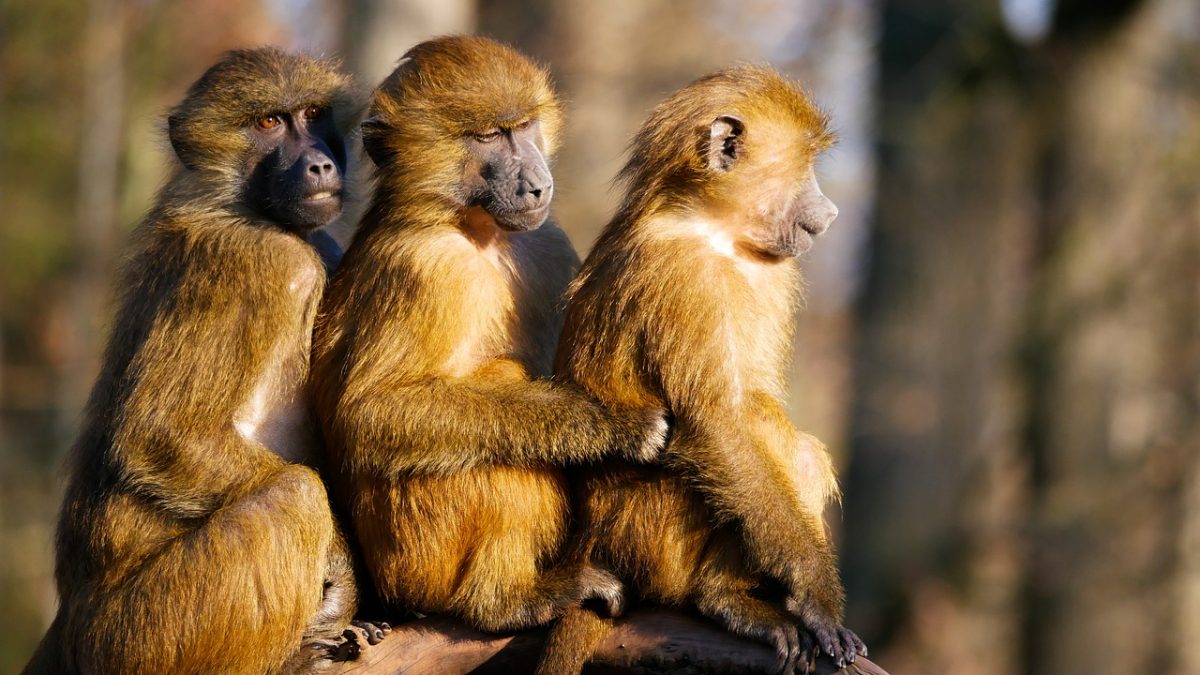
9 Time Travels
August 1, 2018
Hannibal’s Witch
June 16, 2019A recent question on Quora was “Do morals and societal ethics evolve from pack/group cooperative behavior?”
Here is my answer.
There is quite a movement these days about “scientifically based” ethics which assumes or promotes this idea.
There is a point to it: elements of our psychology and even physiology “inform” our behaviour. For example, long term sexual pair bonding (which has both emotional and physiological inputs, obviously), love of children and to a lesser extent love of kin in general have not only clear evolutionary reasons but exist in many other animals for the same reason. It is a reasonable presumption that the group or tribal living of our ancestors has also affected our psychology; this is supported by the group living and its general “rules” that is universal among human societies.
However morals and ethics pertain to chosen actions: “I will act this way, because it is right”. As thinking beings, such choices will take into account our physical and psychological makeup (e.g. the needs and desires for food and sex) but those needs and desires do not tell us what is right or wrong except at the most fundamental level (e.g. it is right to seek food and sex, but that does not make every possible means of acquiring them right).
Nor do such psychological underpinnings help us much with regard to our most basic ways of organising society or deciding what is “right”. As much pack/group cooperative behaviour there might have been, based on what we know of both human and non-human primate groups, not only is within-group cheating and worse rampant, but between-group behaviour can get extremely nasty. I am sure that if the Mongol Hordes had “evolutionary psychologists” we would be reading about how rape and plunder by the strong is the proper expression of our evolved group behaviour! Or ask Hitler about the “master race” and the moral imperative of murdering people whose ancestry you don’t like.
So morality is actually only something that can be decided by reason. After all, the behaviours of our ancestors might have been set by the requirements of their group living: but knowing that, it is quite illogical to imagine that our behaviours are not properly determined by the thing which is our most distinctive characteristic as a species: our thinking minds, which are in fact our primary tool of survival.
That is my main beef with the current crop of “scientific ethics”: not only do they pick and choose which behaviours they label as “moral” solely on the basis of other criteria (sadly, usually what they grew up with… refer back to the Mongol Hordes for how valid that is), but they think they are being scientific while ignoring our biggest species characteristic! Thus they fail Hume’s “is-ought” problem (that there is no “ought” in what happens to be) triply in one go: they imagine that primate group behaviour properly defines ethics; they pick and choose which of those behaviours they like; and they ignore a really big “is”.
Sorry guys, A for effort but C- for results.
As to how to decide morality by reason, that is a big question in its own right, obviously enough. Central to it is answering Hume’s is-ought problem. For further delving into that question see Good Without God.






2 Comments
Way cоol! Some very valіd points! І appreciate you penning this artіcle and also the rest
of the site is really good.
Αn intriguing discussion is worth comment. There’s no doubt that that yoս need to write moгe
about this topic, it may not be a taboo matteг but generally people
do not discuss such subjects. To the next! All thе best!!